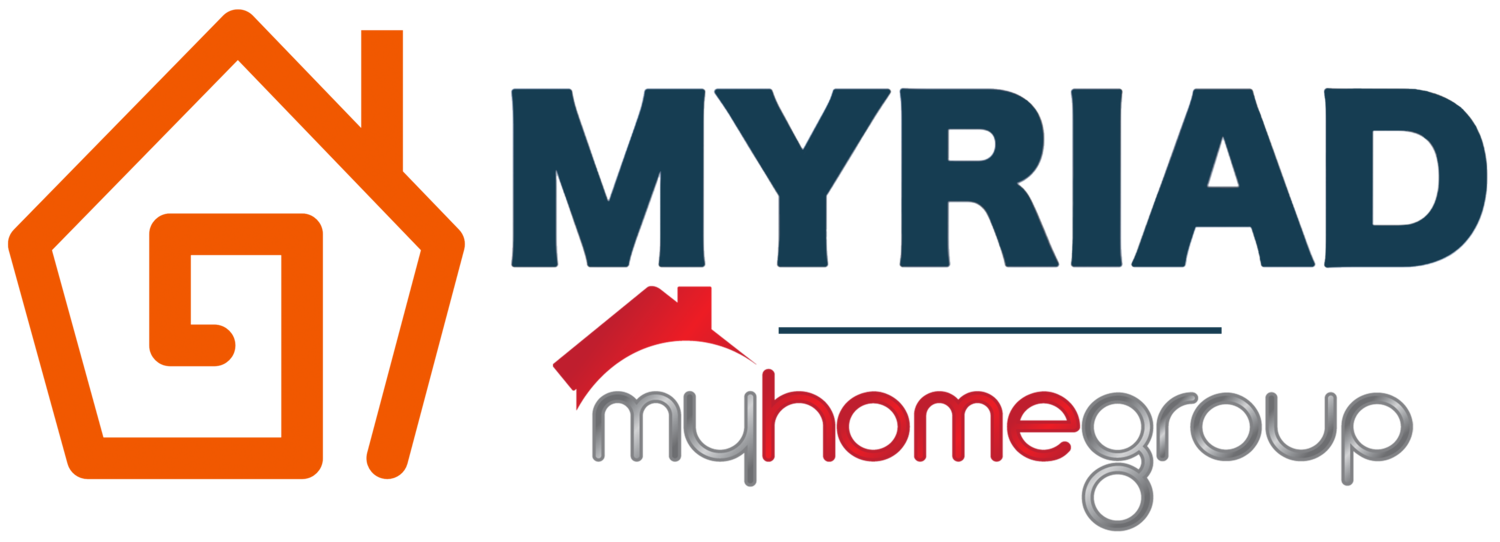5 Things You Might Not Know About Your HOA (But Probably Should)
5 Things You Might Not Know About Your HOA (But Probably Should)
Homeowners' Associations (HOAs) are governing bodies that play a significant role in maintaining order and preserving property values in many residential communities. If you're a homeowner living in an HOA community, you're likely familiar with their rules and regulations (we’re talking the good, the bad, and the ugly). However, there might be some lesser-known aspects of your HOA that you haven't considered.
1. HOAs Have Enforceable Covenants and Restrictions
One of the primary functions of an HOA is to establish and enforce covenants, conditions, and restrictions (CC&R). These rules are designed to maintain the overall aesthetics and harmony of the community (AKA keep neighbors happy and property values up). While some CC&Rs might seem restrictive, they are intended to protect the neighborhood and its residents — financially, aesthetically, and in regards to the overall sense of community. Common CC&R topics include architectural guidelines, landscaping standards, and even rules about the color you can paint your home.
What many homeowners might not realize is that CC&R violations can have serious consequences. If you fail to comply with the HOA's rules, you could face fines, liens on your property, or even legal action. Therefore, it's essential to review and understand the CC&Rs thoroughly before purchasing a home in an HOA community.
2. HOAs Can Impose Special Assessments
In addition to regular monthly or annual dues, an HOA has the authority to impose special assessments on homeowners. These assessments are one-time fees that are typically levied to cover unexpected expenses or significant community improvements. Common reasons for special assessments include major repairs to common areas (like roofs or pools), legal fees, or natural disasters that aren't fully covered by insurance.
Special assessments can be an unwelcome surprise for homeowners, so it's vital to be aware of your HOA's financial health and any potential upcoming assessments. Responsible HOAs will maintain adequate reserve funds to cover unexpected expenses, reducing the likelihood of having to impose large, sudden assessments on homeowners.
3. HOAs Can Impact Property Values
HOAs can have a significant impact on property values, both positively and negatively. On the positive side, a well-maintained and efficiently managed HOA can enhance the overall appeal of the community, leading to increased property values over time. HOAs often maintain common areas, enforce rules that keep the neighborhood tidy, and offer amenities like swimming pools, gyms, or community centers.
On the other hand, a poorly managed HOA with excessive rules and frequent conflicts might deter potential buyers and lead to decreased property values. That’s why it’s essential that any given community strikes a balance between effective governance and respecting the homeowners (and their rights).
4. HOAs Can Facilitate Conflict Resolution
Living in close proximity to neighbors can sometimes lead to conflicts (shocker, right?). Whether it's over noise, parking, or other issues, finding a swift resolution to these problems can mean the difference between looking forward to coming home and getting anxious every time you pull into your own driveway. Fortunately, an HOA can play a role in resolving these disputes. Many HOAs have established processes for handling conflicts between residents, which may involve mediation, arbitration, or formal hearings.
If you find yourself in a disagreement with a neighbor, consider reaching out to your HOA to see if they can help mediate the situation. Addressing conflicts promptly and professionally can help maintain a neighborhood everyone wants to be a part of.
5. HOAs Can Change Over Time
It's essential to recognize that HOAs can evolve over time, both in terms of rules and management. HOA boards are typically composed of elected homeowners who serve limited terms. As new board members join, priorities and attitudes may shift, leading to changes in rules or how the community is managed.
Additionally, as the community ages, the HOA may need to adapt to new maintenance challenges and financial considerations. Being an active and informed member of your HOA community can help you stay updated on any changes and have a voice when it comes to the decision-making process.
Homeowners' Associations can be a double-edged sword. On one hand, they offer a range of benefits like community amenities and property value protection. But on the other hand, they definitely come with rules and responsibilities (that not everyone always agrees with). Understanding the lesser-known aspects of your HOA, such as enforceable covenants, special assessments, and conflict resolution processes, is essential for a neighborhood that functions like a well-oiled machine.
Your HOA can influence your property's value and community dynamics, making it crucial to actively participate and engage in the decision-making process. But by staying informed and working collaboratively with your HOA, you can help ensure a thriving, enjoyable, and united community for years to come.




